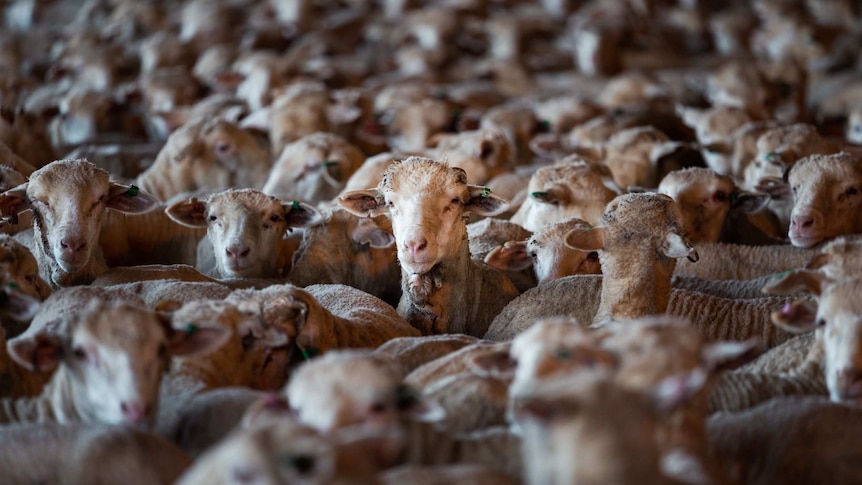In a significant show of unity and resistance, over 3000 farmers, truck drivers, shearers, and their families have descended upon Perth to protest the Australian government’s impending ban on live sheep exports. The ban, scheduled to take effect in 2028, has ignited widespread concern among regional communities, who fear it will devastate the livelihoods that depend heavily on this industry.
The protest saw an impressive convoy of more than 1500 vehicles, including utes, trucks, and tractors, making their way into the city. This massive demonstration underscored the deep-seated frustration and anger within the agricultural sector, as participants demanded that the Albanese government reconsider and ultimately reverse the decision.
The Impact of the Ban
The live sheep export industry is a cornerstone of many regional economies across Australia, particularly in Western Australia. For decades, it has been a vital source of income for farmers, truck drivers, and shearers, sustaining local economies and communities. The proposed ban threatens to dismantle this economic lifeline, potentially leading to significant financial hardship for thousands of families.
Farmers argue that the live export trade is integral to managing livestock and market demands. They contend that alternatives, such as processing all sheep domestically, are not viable due to limited processing capacity and higher costs. Moreover, they believe the ban could result in an oversupply of sheep in the domestic market, driving prices down and further harming their financial stability.
Voices from the Protest
At the heart of the protest, voices from across the agricultural sector shared a common narrative of anxiety and determination.
“I’ve been in this industry my entire life,” said John Harris, a sheep farmer from the Wheatbelt region. “This ban doesn’t just threaten my livelihood; it threatens the entire community. We need the government to understand the real-world impact of their decisions.”
Shearer Lucy Thompson echoed these sentiments, highlighting the broader implications for rural communities. “It’s not just about the farmers; it’s about everyone who relies on this industry. From shearers to truck drivers to the local businesses that depend on our trade, we’re all at risk.”
The Government’s Stance
The Albanese government has maintained that the ban on live sheep exports is necessary to address ongoing concerns about animal welfare. Critics of the live export trade have pointed to instances of poor conditions and mistreatment of animals during transit as justification for the ban. The government argues that phasing out live exports will lead to improved animal welfare standards and a shift towards more sustainable and humane practices within the livestock industry.
The Path Forward
As the deadline for the ban approaches, the tension between the government’s animal welfare priorities and the economic realities of regional communities will likely intensify. Protestors have called for a more balanced approach that addresses animal welfare concerns without dismantling an entire industry.
In response to the protest, a spokesperson for the Albanese government acknowledged the concerns raised by the agricultural sector and indicated a willingness to engage in further dialogue. “We understand the significance of the live sheep export industry to many Australians. Our aim is to work towards solutions that support both animal welfare and the economic well-being of our regional communities.”

